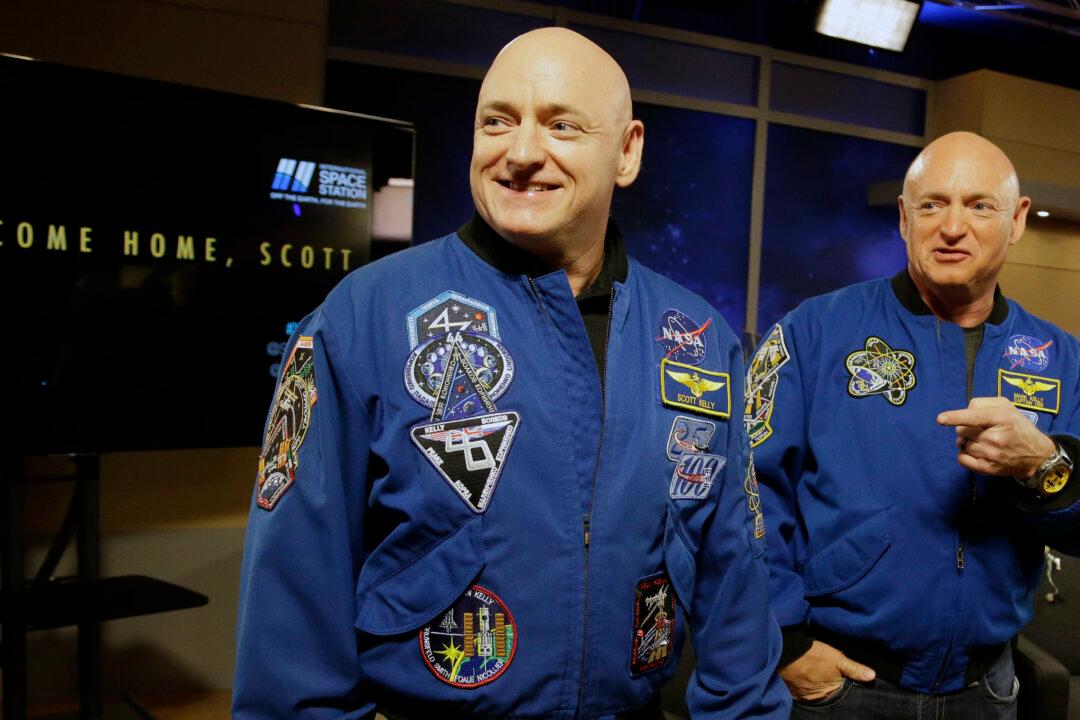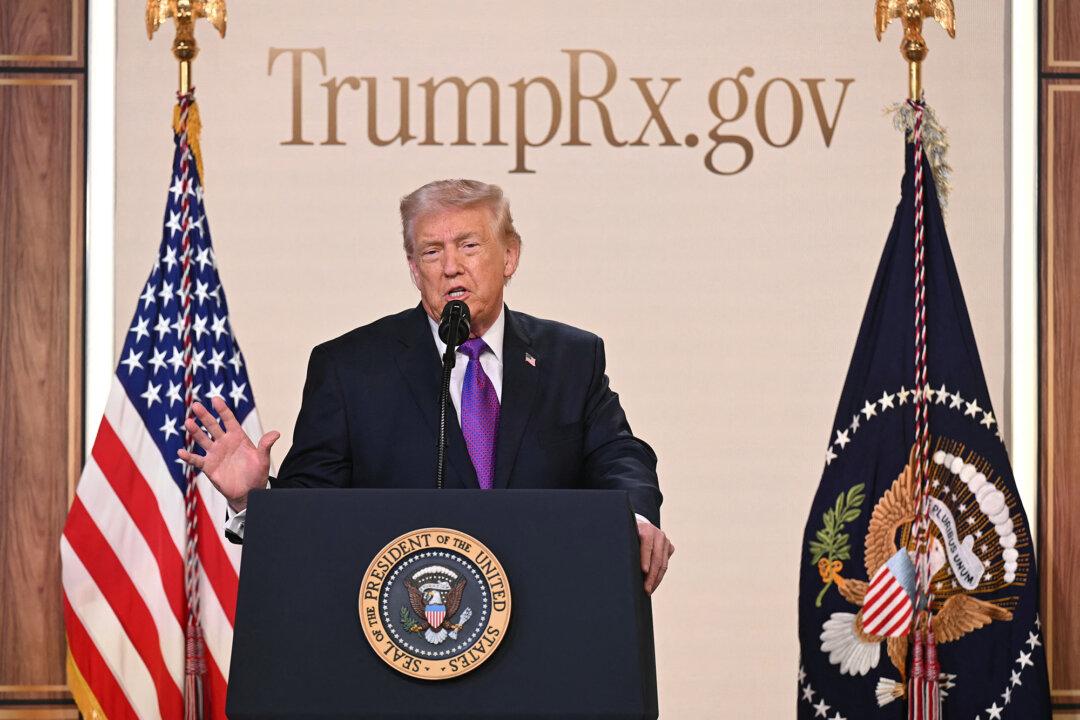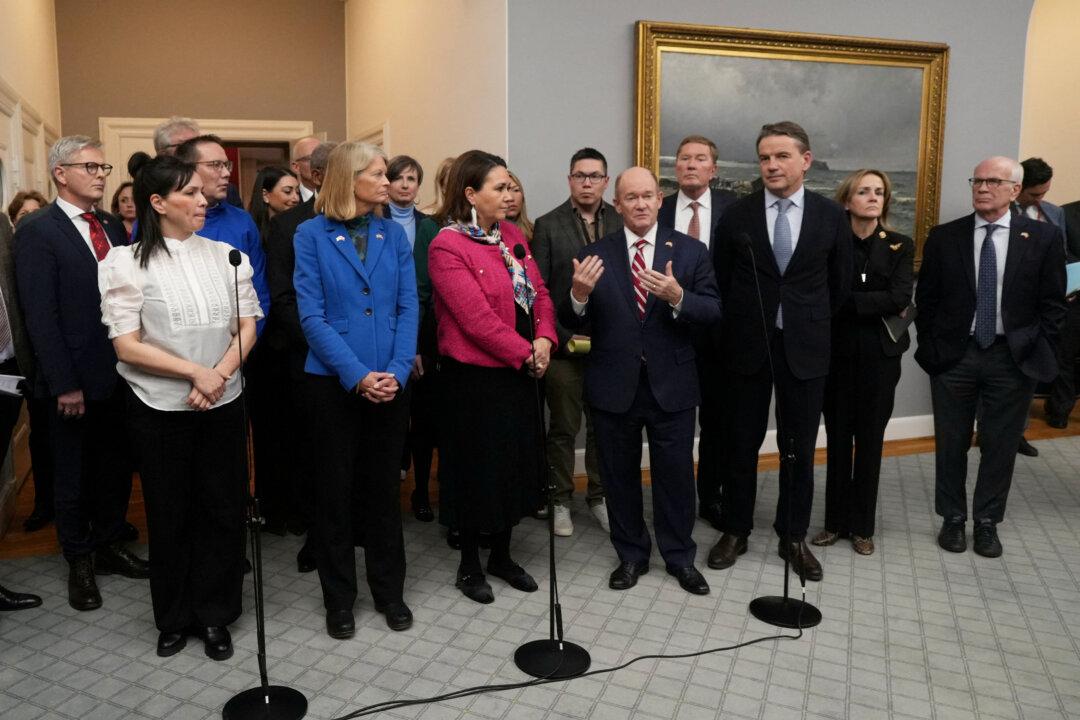Scott Kelly has returned to planet Earth after spending 340 days in space with no significant problems—a milestone for the future of deep space travel and the goal of sending humans to Mars.
Kelly and fellow cosmonaut, Russian Mikhail Kornienko, landed in Kazakhstan on March 1, 11:26 p.m. EST (10:26 a.m. March 2 local time).
Expedition 46 Commander Kelly, who had previously spent 159 days aboard the International Space Station, sets NASA’s record for cumulative days in space.
“It felt like I'd lived there forever,” said Kelly, in an upbeat manner, during a NASA TV release of a press conference at NASA’s Johnson Space Center on March 4.
Kelly did admit suffering some physical afflictions after returning home. Among his symptoms are muscle soreness and fatigue, and sensitivity to touch due to having not touched anything rub on his skin for a long time.




